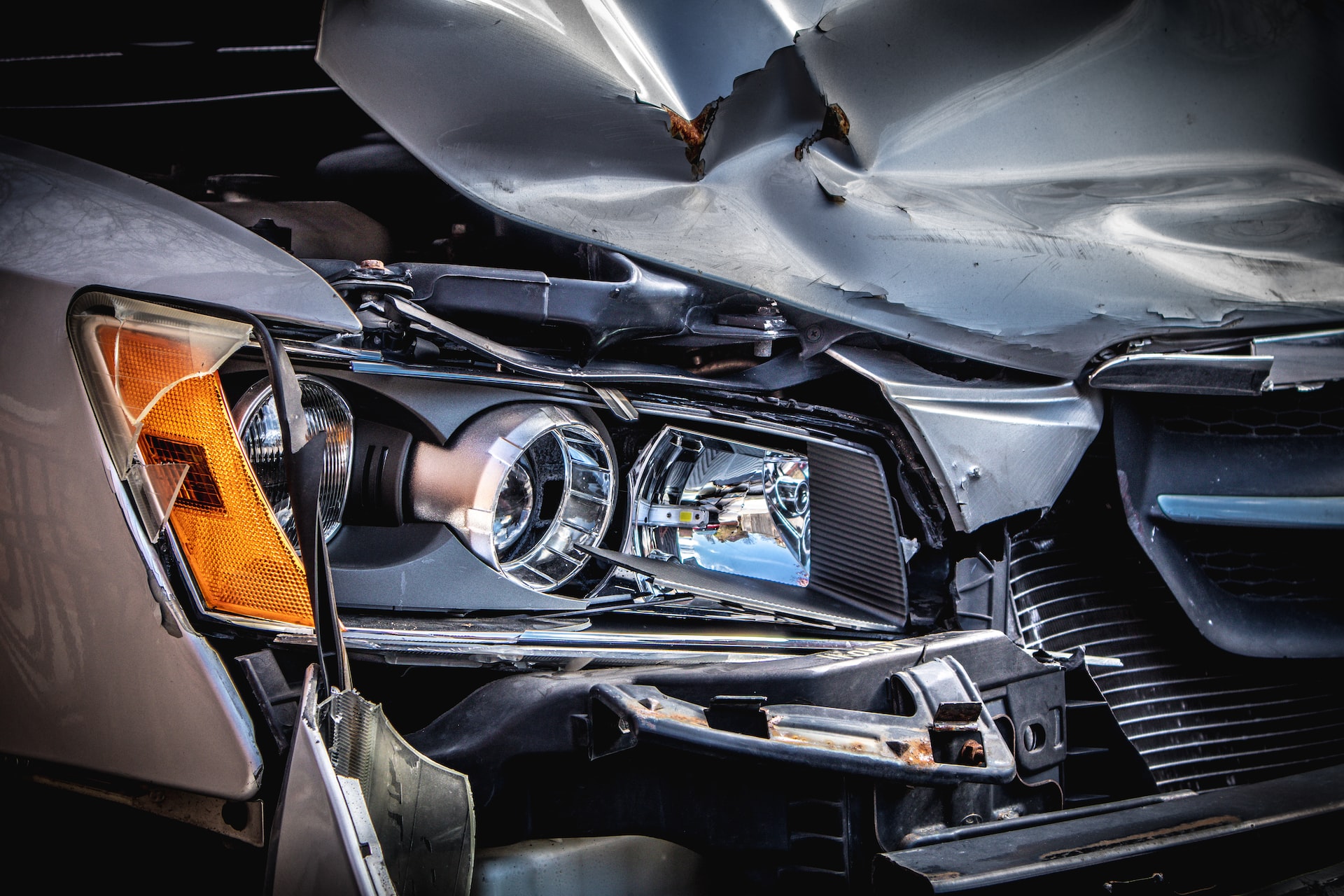Most people would consider themselves car experts. We know the difference between automatic and stick, which cars are fuel efficient, how to maintain a car and when to take a car in for repairs, to name a few. But what about compact cars? When was the last time you considered buying one? Are they saving you money or costing you more money than larger vehicles? It’s important to understand the costs associated with your vehicle size without fail. In this article, we will discuss the benefits of compact cars.
Cheaper to Buy
The first and most obvious benefit of buying a compact car is that it will cost less than buying a larger car or SUV. Opting for a smaller vehicle can save thousands of dollars on your purchase price. The savings come from reduced weight, as well as from reduced costs associated with manufacturing and shipping. Compact cars also tend to depreciate less than larger vehicles because there is less demand in the used market.
Cheaper to Run
Fuel costs are another big factor when calculating the overall cost of ownership for vehicles. This is especially true if you live in an area where gas prices fluctuate substantially over time. With fuel prices on the rise again recently, it makes sense to look at which vehicles get the best gas mileage so you can make an informed decision when buying a new vehicle. Compact cars have traditionally had better fuel economy than other types of vehicles, but this may change as there is more competition among automakers regarding fuel efficiency standards for their products.
Cheaper to Insure
One of the main reasons people choose a small car is to save money on insurance. The smaller the vehicle, the less expensive it can be to insure. This is because smaller vehicles are less expensive to repair and replace than larger ones and are less likely to be involved in accidents. They also tend to be driven by younger, less experienced drivers with lower accident rates than older drivers.
Low Maintenance Costs
Smaller vehicles have fewer moving parts than larger ones, which means they’re much easier to fix if something breaks down. That’s not necessarily good news for your mechanic’s wallet. Still, it does mean that you’ll spend less money on maintenance over time compared with other types of vehicles – particularly if you buy a used car instead of a new one.
Easy Parking
Most compact new Skoda Scala’s are easier to park than larger vehicles because they’re smaller and have fewer blind spots for drivers in front and behind them when trying to find parking spots in crowded areas like downtown areas or college campuses where parking is often scarce or limited during certain hours of the day or week. You’ll have an easier time finding parking spaces near stores and other businesses because there’s less competition for these spots from other drivers looking for places to park their larger vehicles like SUVs or trucks.
Less Likely to Be Stolen Due to Poor Residual Values
Compact cars tend not to have good resale values, so they are less attractive targets for thieves than other types of vehicles, especially luxury ones that cost thousands more than their standard counterparts. This makes them less likely to be stolen and also means that if one does become a target for thieves, insurance companies will often cover the cost of replacing it if it is damaged or stolen while parked on your driveway at home or at work (as long as you have comprehensive cover).
More Environmentally Friendly
Compact cars are smaller than their full-size equivalents, many people think they aren’t as environmentally friendly as other types of vehicles. The opposite is true because smaller engines burn less fuel and emit fewer emissions per mile than larger ones! This means that driving a small car can help keep our air clean while saving you money at the pump every week compared to driving something bigger or more powerful, like a large SUV or pickup truck.
Less costly maintenance and repair costs
The maintenance cost of a car is directly proportional to its size. The smaller the size, the less costly it will be to repair. Cars with smaller engines are more fuel efficient and cost less in terms of maintenance, insurance, and repairs.
The useful life of small cars is much longer than sedans or SUVs. Smaller cars can have a lifespan of over 200,000 miles compared to larger vehicles that last around 100,000 miles or less.
Small cars are much lighter than larger ones, so they are less heavy than accidents and collisions. Smaller cars also tend to be less expensive to repair after an accident since they do not require extensive work as larger vehicles do.
Lower CO2 Emissions Help Your Company Car Tax Bill
If you’re looking to lower your company car tax bill, there are several ways. One of the most effective is to choose a car with low CO2 emissions and a small engine. It’s easy to see why this is an attractive option for companies and drivers alike. A company car with lower CO2 emissions will help your company’s carbon footprint and meet its environmental targets. At the same time, it will help you save money on your annual business mileage allowance (BMIA), which is based on CO2 emissions per kilometre.
Lower Upkeep Costs
Smaller cars generally have lower maintenance costs than larger ones. They also have fewer parts that wear out and need replacement. You may need to replace tires more often than you would with a larger vehicle, but aside from that, there’s not much else that requires regular maintenance for most small cars. This can save you hundreds of dollars per year in repairs and maintenance costs and time if you don’t have the DIY skills or tools needed for certain repairs on bigger vehicles.
Wrapping Up
If you are considering a small or compact car, there are many benefits. If you want to save money on gas or need a car that will do well in heavy traffic, there is no doubt that you should buy a small car. These vehicles also make great options for first-time drivers and college students on a budget. With so many reasons to choose a small car, it makes sense that they are so popular today.







